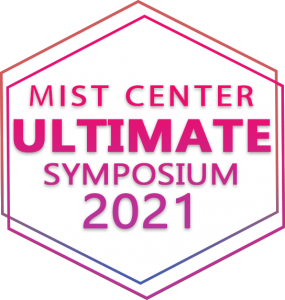
Bioelectronics for Pain and Addiction
Aug. 19-20, 2021
The MIST Center ULTIMATE Symposium brings together academic, government, and industrial thought leaders on emerging hardware technologies that will pave the way for future electronics, networked systems, and distributed sensing platforms.
About this Session
More than 25 million Americans suffer from daily chronic pain which can result in an overreliance in the use of opioids for relief from chronic pain despite their poor ability to improve function. This has contributed to a significant and alarming epidemic of opioid overdose deaths and addictions. Innovative scientific solutions to develop alternative treatment options are thus critically needed.
Bioelectronics technologies can play a vital role in both in vitro and in vivo solutions that better recapitulate human pathophysiology of chronic and development of nonadditive therapeutics for treatment of pain.
This symposium, sponsored by the Nanoscience Institute for Medical and Engineering Technology (NIMET) and the NanoBioSensors and Systems at UCF, will feature talks from experts in academia and industry that are at the forefront of this highly interdisciplinary area.
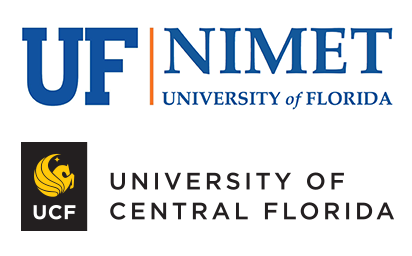
Invited Speakers
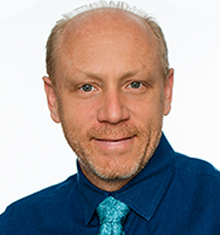
Alejandro Covalin, Ph.D.
Chief Technology Officer
Spark Biomedical
Dr. Covalin has 25 years in R&D with the last 15 in the medical device space. Amongst other, he has served as principal researcher, project technical lead, and as director of new projects. Dr. Covalin has been consultant for start-ups as well as for fortune‑500 medical device and pharma companies. [Read more]
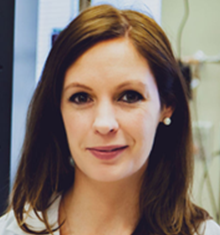
Meaghan Creed, Ph.D.
Assistant Professor and Principal Investigator for Creed Lab
Washington University in St. Louis
Dr. Creed has focused on understanding and optimizing deep brain stimulation (DBS) applied to the basal ganglia for neurological and psychiatric disorders. Now an an assistant professor at the WashU Pain center, she and her team are working to develop new neuromodulation therapies to treat symptoms at the interface of chronic pain, addiction and mood disorders. [Read more]
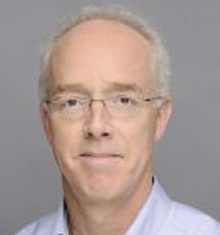
Michael Gold, Ph.D.
Professor of Neurobiology
University of Pittsburgh
Dr. Gold received his B.A. from UC Berkeley, Ph.D. from UCLA, and was postdoctoral fellow with Jon Levine at USCF. The focus of Dr. Gold’s research is the neurobiology of pain. He has made important contributions to injury-induced plasticity in nociceptive afferents, and their contribution to the manifestation of persistent pain. [Read more]
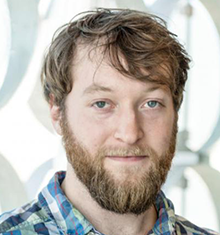
Philipp Gutruf, Ph.D.
Assistant Professor, Biomedical Engineering
University of Arizona
Dr. Philipp Gutruf is an Assistant Professor in the Biomedical Engineering Department and Craig M. Berge Faculty Fellow at the University of Arizona. He received his postdoctoral training in the John A Rogers Research Group at Northwestern University and received his PhD in 2016 at RMIT University (Australia). [Read more]
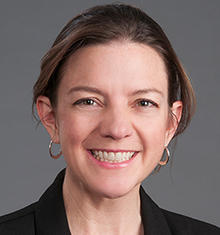
Colleen Ann Hanlon, Ph.D.
Professor, Cancer Biology
Wake Forest School of Medicine
The overall theme of Dr. Hanlon’s scientific research has been to map neural circuit irregularities in substance dependent populations, then modulate these circuits using brain stimulation techniques or neurofeedback. She leads lead NIH-funded research directed at:
1) longitudinal investigations of neural connectivity in cocaine and alcohol dependent individuals undergoing substance abuse treatment, and
2) developing patient-tailored brain stimulation protocols which may either enhance cognitive control or attenuate craving in treatment seeking individuals. [Read more]

Bin He, Ph.D.
Trustee Professor, Biomedical Engineering, Electrical & Computer Engineering, Neuroscience Institute
Carnegie Mellon University
Dr. He has made significant research and education contributions to the field of neuroengineering and biomedical imaging, including functional biomedical imaging, noninvasive brain-computer interface (BCI), and noninvasive neuromodulation. His pioneering research has helped transforming electroencephalography from a 1-dimensional detection technique to 3-dimensional neuroimaging modality. [Read more]
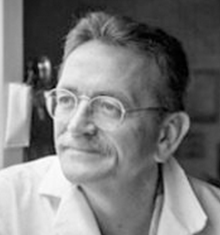
James “J.” Hickman, Ph.D.
Chief Scientist
Hesperos, Inc.
The driving vision of Dr. James (“J”) Hickman is fundamental to Hesperos’ technological “Human-on-a-Chip” platform. He published the first serum-free, defined culture system for neuronal systems in 1995 (Schaffner, Barker et al. 1995) and has now extended this from rat to mouse, both embryonic and adult, as well as to human. [Read more]

Lucie A. Low, Ph.D.
Scientific Program Manager, National Center for Advancing Translational Sciences
National Institutes of Health
Dr. Lucie Low is a Scientific Program Manager for the NIH Tissue Chips for Drug Screening program at the National Center for Advancing Translational Sciences (NCATS) at the National Institutes of Health (NIH). She manages a large program of research grants focused on development and implementation of tissue chips, also known as ‘organs-on-chips’. [Read more]
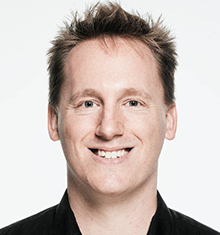
Jan Müller, Ph.D.
Chief Technology Officer, Founder
MaxWell Biosystems
Jan Müller is MaxWell Biosystems’ CTO and a member of the founding team. Jan is responsible for technology development, innovation and supply chain management. He is the key contributor to MaxWell Biosystems’ hardware and software. Jan is the expert in MEA technology and the inventor of our core 26,000 microelectrode array. Jan obtained his PhD from ETH Zurich (D-BSSE). He has an interdisciplinary background in computer science, electrical engineering, systems biology and computational neuroscience.
[Read more]
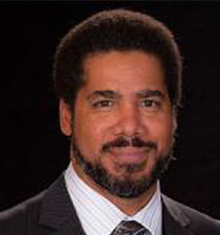
Lawrence Poree, M.D., Ph.D.
Professor and Director, Neuromodulation Service, Division of Pain Medicine
University of California, San Francisco
Dr. Poree, is working closely with the North American Neuromodulation Society (NANS), spearheading their Diversity and Outreach Committee that is focused on addressing disparities in access to neuromodulation therapies for traditionally disadvantaged communities. As part of this effort, outreach programs are being developed across the nation, some by graduates of the UCSF Pain Medicine Fellowship Program, such as by Dr. Kenneth Ike at Emory University. [Read more]
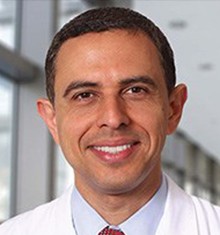
Ali Rezai, MD
Director, Rockefeller Neuroscience Institute; Associate Dean; John D. Rockefeller IV tenured professor in neuroscience
West Virginia University School of Medicine
Dr. Ali Rezai is a renowned neurosurgeon whose pioneering research and clinical practice has advanced brain health for patients around the country and internationally. Dr. Rezai was recruited to WVU to build and lead the new Rockefeller Neuroscience Institute (RNI), a world class patient care and research hub in the heart of Appalachia, to tackle public health challenges. [Read more]

Jeff Rogers, Ph.D.
Global Research Leader for Digital Health
IBM
Jeff Rogers is IBM’s Global Research Leader for Digital Health. Founding the company’s efforts at the intersections of artificial intelligence, internet-of-things, and devices applied to healthcare. His work focuses on creating systems of integrated sensors, models, and closed-loop controllers to support personalized health. [Read more]
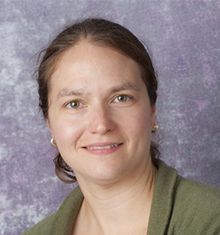
Mary M Torregrossa, Ph.D.
Associate Professor of Psychiatry
University of Pittsburgh
Dr. Torregrossa’s research program focuses on understanding how motivational, cognitive, and learning and memory systems are altered in psychiatric disorders and to use biochemical and proteomic methods to find novel means of prevention and treatment. [Read more]
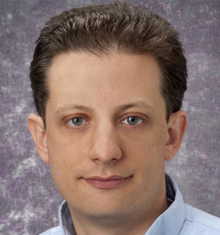
Lee Fisher, Ph.D.
Assistant Professor
University of Pittsburgh
Dr. Fisher is a researcher at the Rehab Neural Engineering Laboratory (RNEL). Dr. Fisher’s research interests involve the development of neuroprostheses to restore sensory and motor function after neural damage or disease, as well as exploration of the role of somatosensation in maintaining balance control during standing and walking. [Read more]
Agenda – Day 1 – Aug. 19, 2021
Bioelectronics for Pain
| Start | Topic |
|---|---|
| 2 p.m. | MIST Introduction Prof. Toshi Nishida, University of Florida |
| 2:05 p.m. | Symposium Introduction Profs. Jack Judy (UF) and Swaminathan Rajaraman (UCF) |
| 2:15 p.m. | Overview of the Field of Pain and the Potential Impact of Bioelectronic Approaches Prof. Michael Gold, University of Pittsburgh |
| 2:45 p.m. | Break |
| 2:50 p.m. | Invasive Closed-Loop Electrical Neuromodulation for Pain Prof. Lawrence Poree, UCSF |
| 3:10 p.m. | Advanced Invasive Neuromodulation for Pain Prof. Lee Fisher, University of Pittsburgh |
| 3:30 p.m. | Break |
| 3:35 p.m. | Non-invasive Neuromodulation of Pain with Focused Ultrasound Prof. Bin He, CMU |
| 3:55 p.m. | Neuromodulation of Pain with Light Prof. Philipp Gutruf, University of Arizona |
| 4:15 p.m. | Break |
| 4:20 p.m. | In Vitro Nociception Programs Dr. Lucie Low, NIH NCATS |
| 4:40 p.m. | In Vitro Technology for Pain Dr. Jan Müller, MaxWell Biosystems |
| 5 p.m. | Adjourn |
Agenda – Day 2 – Aug. 20, 2021
Bioelectronics for Neuromodulation for Substance-Use Disorder (SUD)
| 2 p.m. | MIST Introduction Prof. Toshi Nishida, University of Florida |
| 2:05 p.m. | Symposium Introduction Profs. Jack Judy (UF) and Swaminathan Rajaraman (UCF) |
| 2:15 p.m. | Overview of the Field of Stimulation for Substance-Use Disorder (SUD) and the Potential Impact of Bioelectronic Approaches Prof. Mary Torregrossa, University of Pittsburgh |
| 2:45 p.m. | Break |
| 2:50 p.m. | Clinical Use of Invasive Brain Stimulation for SUD Dr. Ali Rezai, West Virginia University |
| 3:10 p.m. | Enhancing Invasive Brain Stimulation for SUD with Pharmacological Agents Prof. Meaghan Creed, Washington University in St. Louis |
| 3:30 p.m. | Break |
| 3:35 p.m. | Non-invasive Neuromodulation of the Brain for SUD Colleen Ann Hanlon, Ph.D. , Wake Forest School of Medicine |
| 3:55 p.m. | Non-Invasive Neuromodulation for SUD Withdrawals: Dr. Alejandro Covalin, Spark Biomedical |
| 4:15 p.m. | Break |
| 4:20 p.m. | In Vitro Technologies for SUD Prof. James Hickman, Hesperos, Inc. |
| 4:40 p.m. | IoT for Pain and SUD Dr. Jeff Rogers, IBM |
| 5 p.m. | Adjourn |
Session Chairs
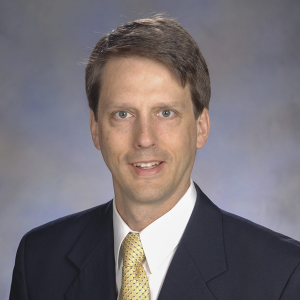
Professor, University of Florida
Biography
Research interests: development of novel micro/nanoscale systems and their use in a wide variety of engineering and biomedical applications.
Dr. Judy received his B.S.E.E. degree with summa cum laude honors from the University of Minnesota in 1989, and an M.S. and Ph.D. from the University of California, Berkeley, in 1994 and 1996. Dr. Jack Judy joined ECE as the Intel Nanotechnology Endowed Chair/NIMET Director. Dr. Judy was formerly a program manager in the Microsystems Technology Office of the Defense Advanced Research Projects Agency (DARPA). He was serving in this capacity while on leave from his faculty position in the ECE Department at UCLA. While at UCLA, he served as Director of the NeuroEngineering Program, the Nanoelectronics Research Facility, and the Microfabrication Laboratory. Dr. Judy has received the prestigious National Science Foundation Career Award and the Okawa Foundation Award.
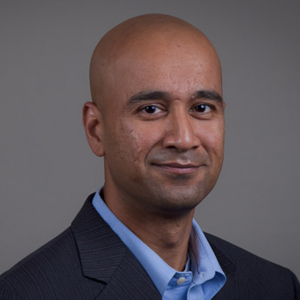
Asst. Professor, University of Central Florida
Biography
Research interests: Micro/Nanofabrication, Microelectrode Arrays, Neural Interfaces, Microfluidics, Bio-Fabrication
Swaminathan Rajaraman received the B.S. degree in Electronics Engineering from Bharathidasan University (Trichy, India), the M.S. degree in Electrical Engineering from the University of Cincinnati (Cincinnati, OH) and the Ph.D. degree in Electrical Engineering from the Georgia Institute of Technology (Atlanta, GA) in 1998, 2001 and 2009 respectively.
From 2001-2002 he was with Analog Devices Micromachined Products Division (MPD) in Cambridge, MA where he developed optical MEMS micro-mirrors for telecommunication applications. From 2004-2005 he was with CardioMEMS (now Abbott Labs) in Atlanta, GA where he developed implantable MEMS pressure sensors for detection of heart disease. The CardioMEMS sensor is the only FDA-approved sensor for congestive heart failure detection in the market currently. In 2007 he co-founded Axion BioSystems Inc. (Atlanta, GA), a biotechnology company that has developed the industry’s first in-vitro Microelectrode Array (MEA) system. From 2007 to 2015, he served as the VP for Biological & Materials Engineering at Axion. Dr. Rajaraman returned to academia in 2016 and is currently an Assistant Professor at the University of Central Florida (Orlando, FL).
MIST ULTIMATE Symposium Sessions
September 2021
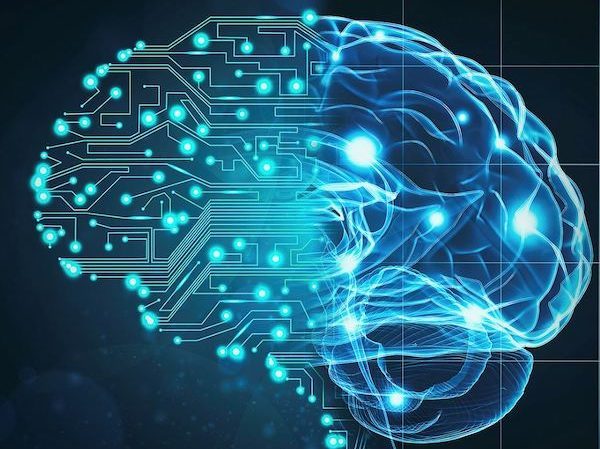
Neuromorphic Computing at the Edge
The MIST Center ULTIMATE Symposium brings together academic, government, and industrial thought leaders on emerging hardware technologies that will pave the way for future electronics, networked systems, and distributed sensing platforms.
Aug. 19-20, 2021
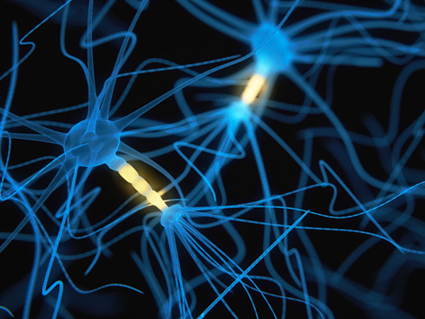
Bioelectronics for Pain and Addiction
Bioelectronics technologies can play a vital role in both in vitro and in vivo solutions that better recapitulate human pathophysiology of chronic and development of nonadditive therapeutics for treatment of pain.
This symposium will feature talks from experts in academic and industry that are at the forefront of this highly interdisciplinary area.
July 14, 2021
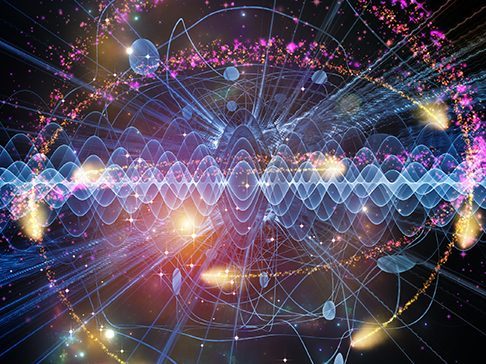
Quantum Computing/Sensing
This ULTIMATE symposium aims to explore the convergence of quantum science and engineering, to stimulate new ideas and advances in quantum engineering, and to engage and encourage young talents to venture to this frontier.
Registration

The MIST Center is an NSF I/UCRC program. Any opinions or findings expressed in this material are those of the author(s) and do not necessarily reflect the views of the NSF.